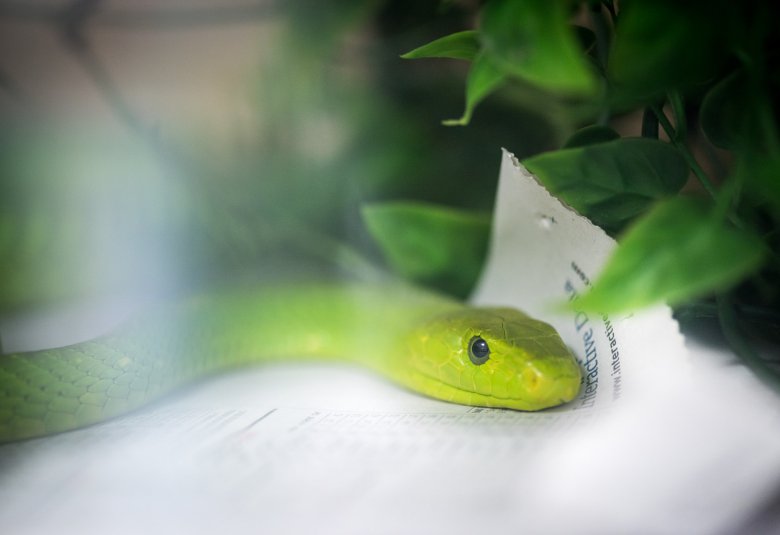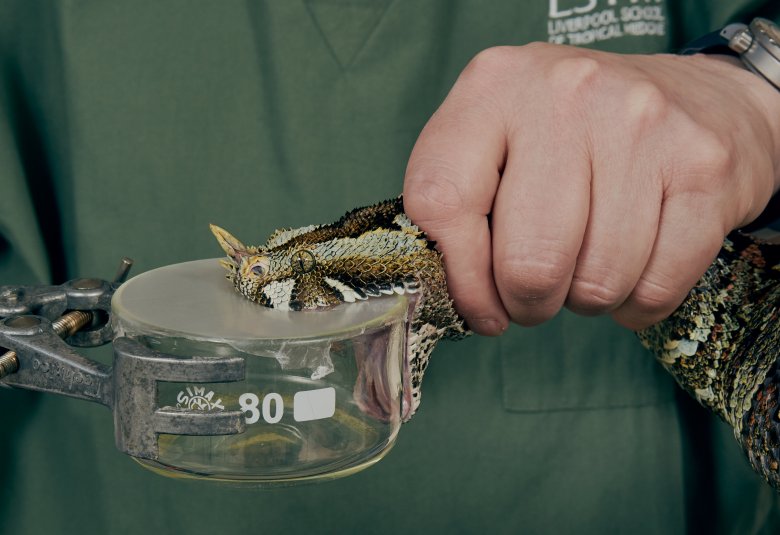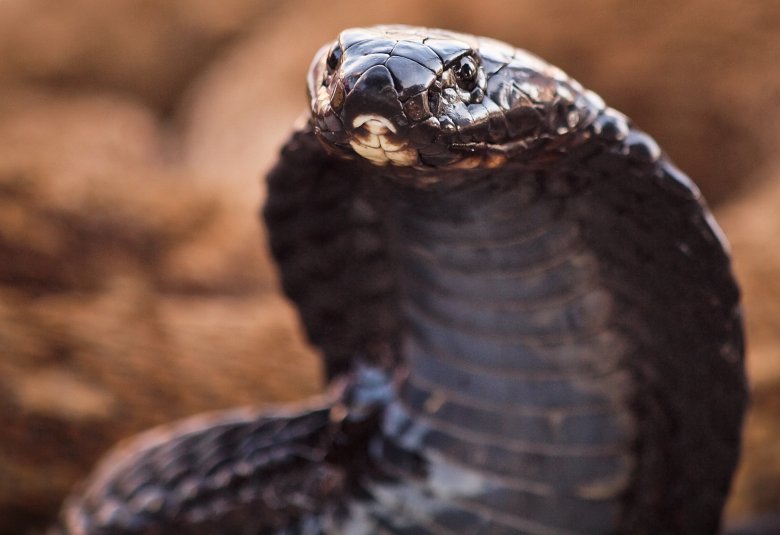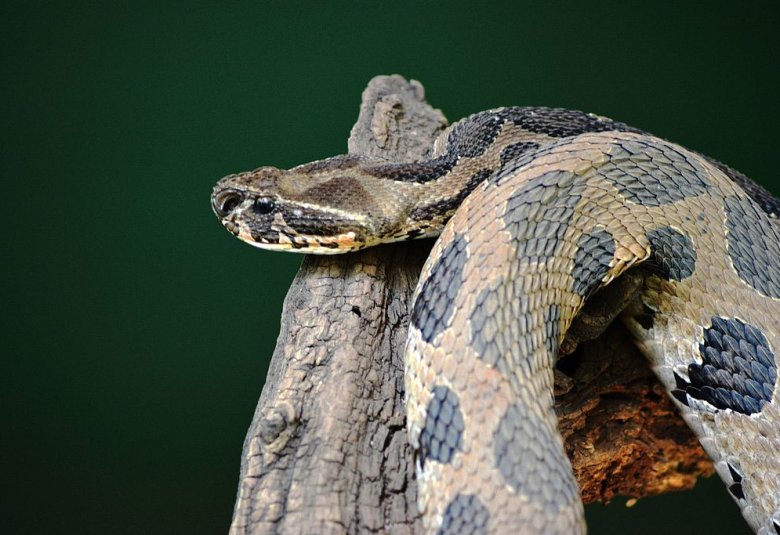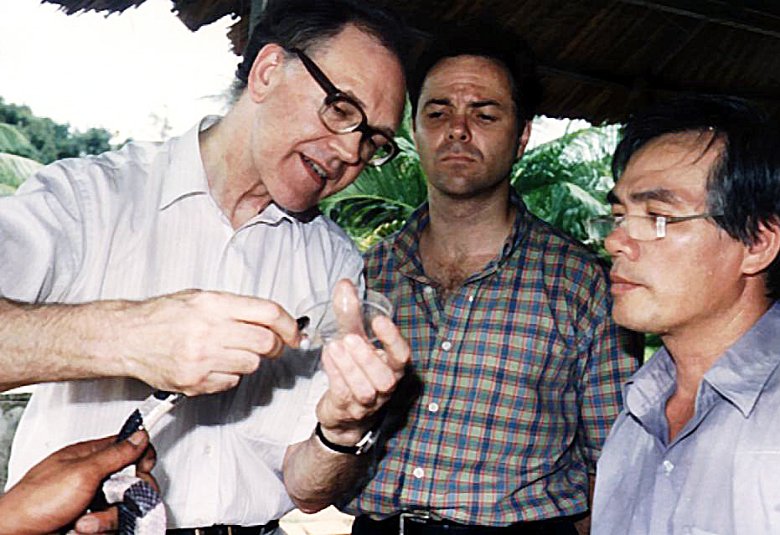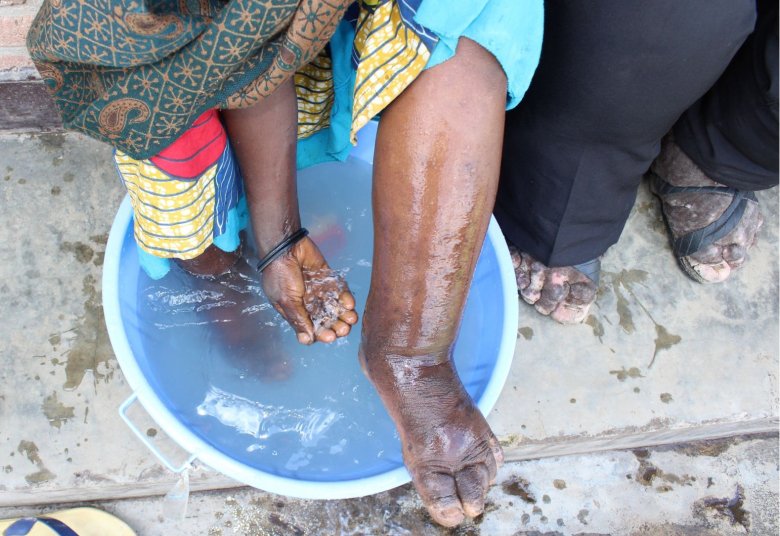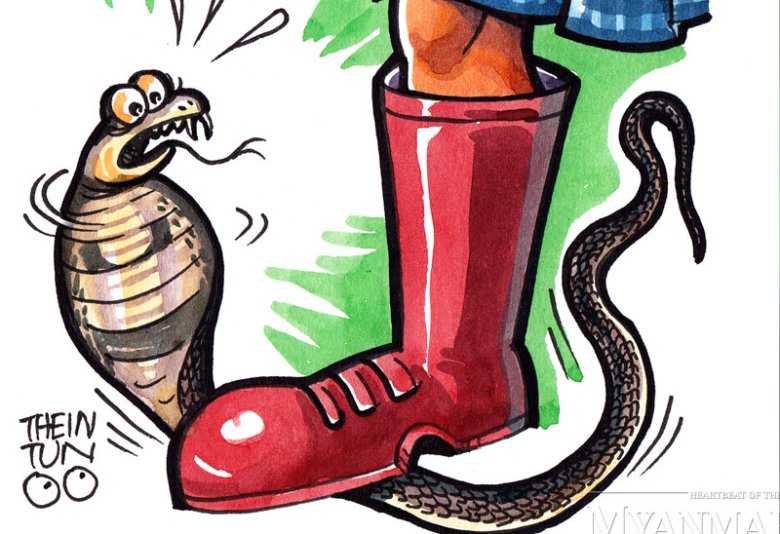The Snakebite Journey in the Midst of COVID-19
Since we made this film last year snakebite, like all of us, and all areas of health, have been affected by the COVID-19 pandemic.
On Sunday 19 September 2020, we celebrated the third International Snakebite Awareness Day. To mark that day, I wanted to update you on how COVID-19 has affected the journey towards eradicating death and disability caused by snakebites.
Communities that are most vulnerable to snakebite are often those living in rural areas with relatively low income, often working in agriculture, often with sub-optimal sanitation and hygiene facilities and often quite far from hospitals and clinics. They are also those faced with other infectious diseases due to these same challenges. These communities are far-reaching across the globe, including Costa Rica, Ghana, Kenya, Malaysia, Myanmar and India, and have something in common, they are also less prepared for outbreaks such as COVID-19. Before the pandemic, it was estimated by the WHO that there are 2.7 million venomous snake bites each year, and of these up to 138 000 people die and there are around three times as many amputations and other permanent disabilities caused annually.
Venomous snakebites are disproportionately more likely to end up causing disability and death to individuals who are currently more at risk to the advent of COVID-19. The pandemic is affecting all stages of snakebite prevention, risk levels, treatment and recovery, from getting bitten, travelling to a hospital, receiving the right treatment, and progressing research and development.
Many people living in urban areas have returned to the countryside during COVID-19 due to lack of work, which has meant more people at risk from snakebite than before.
Reaching treatment facilities has also been harder due to travelling being restricted or disrupted by COVID-19. In addition to this, supply chains have also been interrupted, which makes it less likely that patients are able to receive the right anti-venom.
Many people are more anxious about going to hospital due to the risk of contracting COVID-19. This means they are presenting later with snake bites which makes the patient harder to treat, and the outcome of disability and death more likely.
Once at hospital, snakebite patients need quick and effective treatment, however we know there have been big drops in the availability of anti-venom, as agencies tasked with supplying antivenom have been solely focused on COVID-19. We know that infrastructure and supply chains have been interrupted and this has also affected the supplies of antivenom reaching the right place at the right time.
Funding deadlines for the start of trials needed to develop new anti-venoms are under threat and are at risk of being abandoned in some places, and research across healthcare has been affected as institutions have closed, and research funds have been paused pending access to communities, supplies and capacity. Having said that many donors in health have taken incredible steps to ensure their grant recipients and research are not affected in the long term, by helping re-direct attention for now, or freezing plans to be picked up at a later date.
We understand that health workers in hospitals are having to spend more time and focus on COVID-19 patients, meaning there is less care available for non-COVID sufferers. Due to the pandemic, there are also fewer beds (including ventilator beds) to accommodate seriously ill patients.
In some countries, we have heard that case fatalities have doubled during lockdown due to the combination of these factors – more cases, restrictions in travel, and restrictions in treatment.
However, it is not all bad news. Teaching in areas of Southeast Asia on snakebite awareness and management, initially planned face-to-face, is being conducted on Zoom. This has been widely embraced despite poor connectivity in some regions and might prove to be a long-term solution for reaching people in areas that are hard to access.
Following International Snakebite Awareness Day, it is important to continue to shine a light on what will happen if the fight against snakebite slows down. At RSTMH we are supporting more research in snakebite than ever through our small grants. We are also championing women working in snakebite, in research and on the ground. We hope that momentum is not lost for too long and we can get back to battling this neglected area of health.
We thank our contacts working in snakebite across the world for sharing their experiences and learnings.
